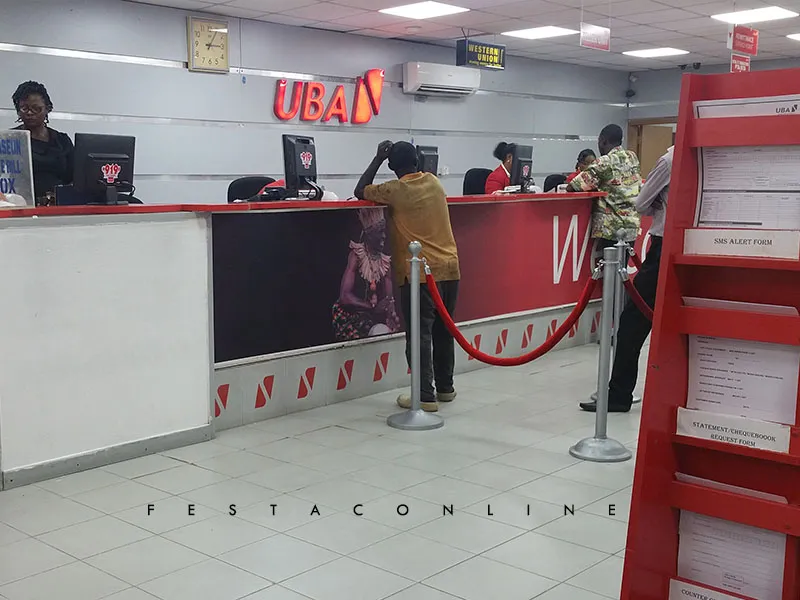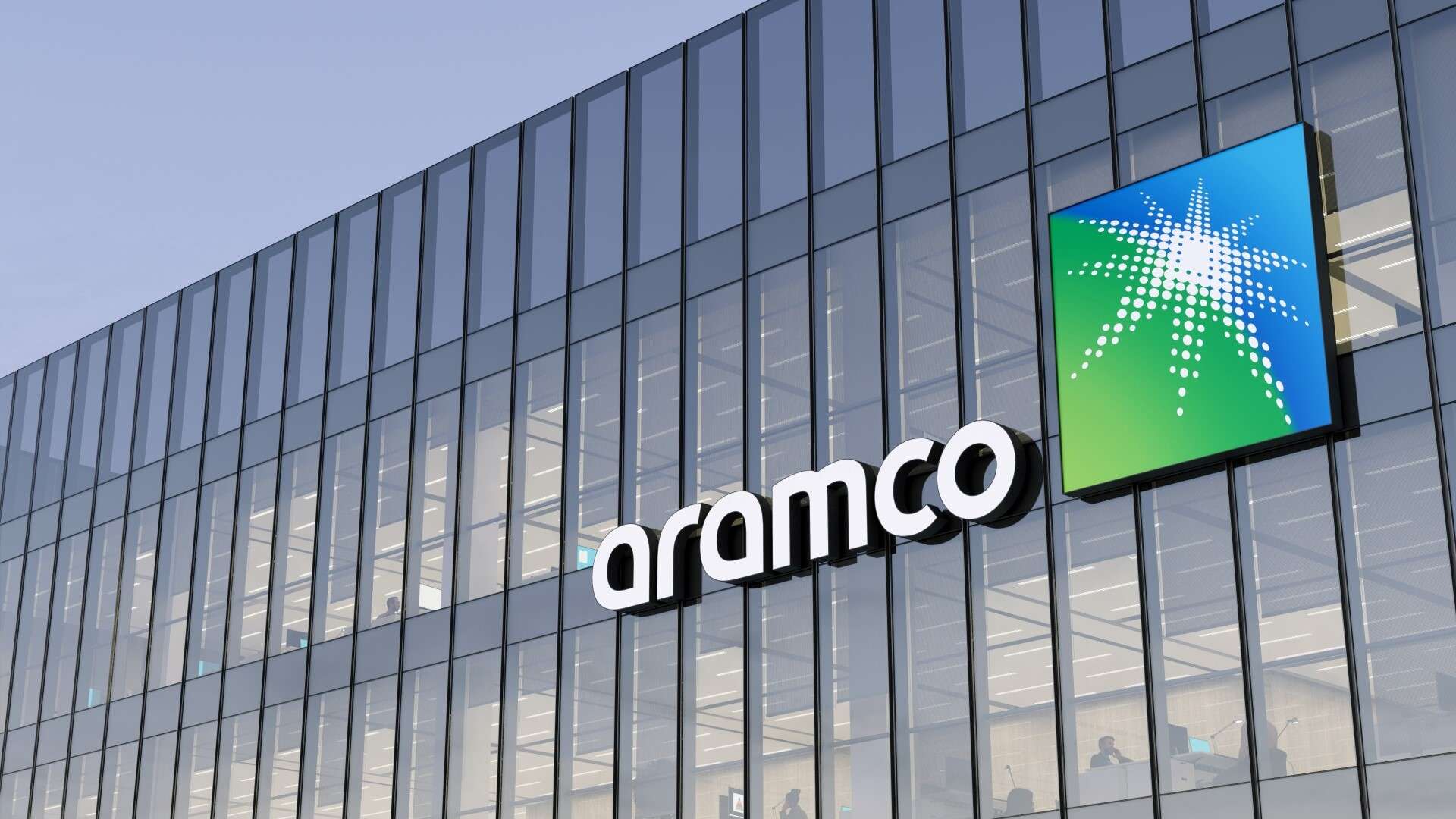According to the FRC, the funds were utilised through cash withdrawals, M-Pesa transfers, and bank transfers. The stated purposes for the bank transfers included payment for sand, murram, security, labour, food, and supervision of workers. Interest in the matter intensified following the recent visit to Kenya by UBA Group Founder and Chairman, Tony Elumelu, who met President William Ruto and pledged US$1 billion (KSh 129.15 billion) towards infrastructure development
To unlock the full article:
Choose one of the options below:
- Ksh 10 – This article only
- Ksh 300 – Monthly subscription
- Ksh 2340 – Yearly subscription (10% off)
By The Weekly Vision Investigations Desk
United Bank for Africa (UBA) Kenya is under scrutiny following revelations that it handled two suspicious international money transfers amounting to US$533,599.85 (KSh 69.5 million). According to a report by the Financial Reporting Centre (FRC) submitted to the Kenya Revenue Authority (KRA) for further scrutiny, and seen by The Weekly Vision, a Mr Timothy Ochieng Okun received the transfers on 8th May 2025, allegedly originating from Neider Group Limited in Nigeria.
The FRC report indicates that Mr Okun, together with Mr Dennis Ochieng Onyango, acting through Onyango Law Advocates, is suspected of laundering funds arising from a possible case of Business Email Compromise. The report states that Mr Okun received two wire transfers of US$104,719.97 and US$418,879.88 through his UBA Bank Kenya account from Phongsavanh Bank Ltd, operated by Lao Bullion Bank Co. Ltd in the Lao People’s Democratic Republic (Laos).
Upon reviewing the transaction documents, FRC analysts noted inconsistencies. The beneficiary address was listed as Neider Group Limited, based in Nigeria, yet the agreement supplied by the customer contained conflicting information regarding the client’s address and the stated purpose of the funds. As a result, the bank did not apply the funds.

The report further reveals that Onyango Law Advocates’ account at the Egyptian-owned Commercial International Bank (CIB) Kenya also received funds from the same Lao account. The customers provided an agreement dated 5th May 2025 claiming the funds constituted a loan from Lao Bullion Bank Ltd to Neider Group Limited for the construction of affordable housing in Kenya.
However, the supporting documents presented contained glaring discrepancies. One document cited the purchase of sand and murram, but the quantities and payment totals failed to tally. Additionally, an online search showed that Neider Group Limited is involved in gold refinery, while Lao Bullion Bank Co. Ltd offers international financial services linked to the gold sector, raising further questions about the authenticity of the purported housing project.
According to the FRC, the funds were utilised through cash withdrawals, M-Pesa transfers, and bank transfers. The stated purposes for the bank transfers included payment for sand, murram, security, labour, food, and supervision of workers.
Interest in the matter intensified following the recent visit to Kenya by UBA Group Founder and Chairman, Tony Elumelu, who met President William Ruto and pledged US$1 billion (KSh 129.15 billion) towards infrastructure development.
The Weekly Vision wrote to UBA Bank Kenya Managing Director and CEO Mary Mulili on 13th November seeking clarification on whether the suspicious transactions were addressed during the engagements surrounding Mr Elumelu’s visit. The letter went unanswered.
We also inquired whether UBA Kenya escalated the inconsistencies in customer documentation to the FRC or the Central Bank of Kenya (CBK), as required under the country’s anti-money laundering regulations. No response was received.
Similarly, our request for clarity from CIB Kenya Managing Director and CEO Abhinav Nehra on transactions linked to the law firm’s accounts did not elicit any reply.
The concern is heightened by the cross-border nature of the transactions, which involve Nigeria, Laos, and Kenya. It remains unclear whether UBA Kenya initiated cooperation with CBK or foreign financial regulators in Laos and Nigeria to establish the funds’ origin and intended purpose.
The case assumes national significance as Kenya was “grey-listed” by the Financial Action Task Force (FATF) in early 2024 for shortcomings in its anti-money laundering systems. This has placed additional pressure on financial institutions to demonstrate compliance with global standards.
This is not the first time UBA Kenya has been associated with suspected money laundering. In 2022 and 2023, the High Court froze over KSh 6 billion (approximately US$48.6 million at the time) across six accounts, some held at UBA Bank Kenya and Equity Bank. The funds were channelled into accounts belonging to OIT Africa Ltd, Avalon Offshore Logistics Ltd, and RemX Capital Ltd.
The Assets Recovery Agency (ARA) flagged the multi-jurisdictional transfers, many originating from Nigeria, as suspected proceeds of crime. The freeze orders were issued after the companies’ directors, two Nigerians and two Kenyans, failed to respond to an ARA summons requiring them to explain the source of the funds. However, in September 2022, the court lifted the freeze orders after ARA abruptly withdrew the case without giving reasons.
[/full]




